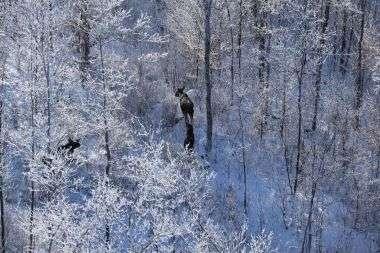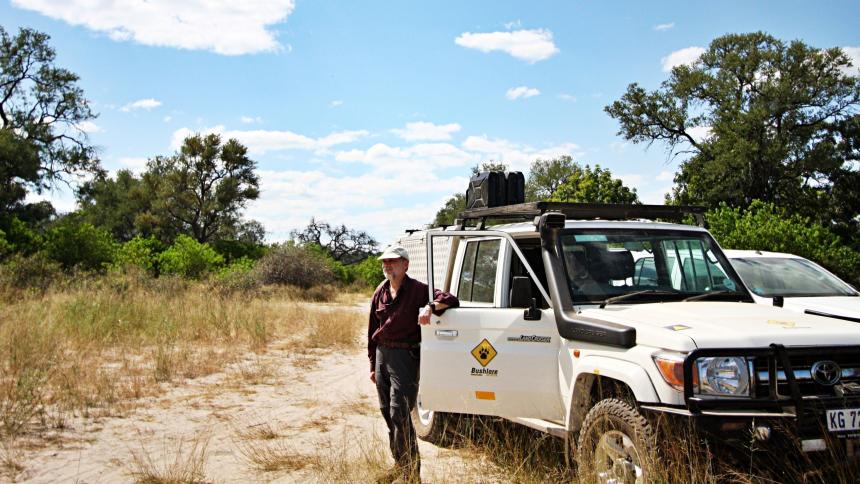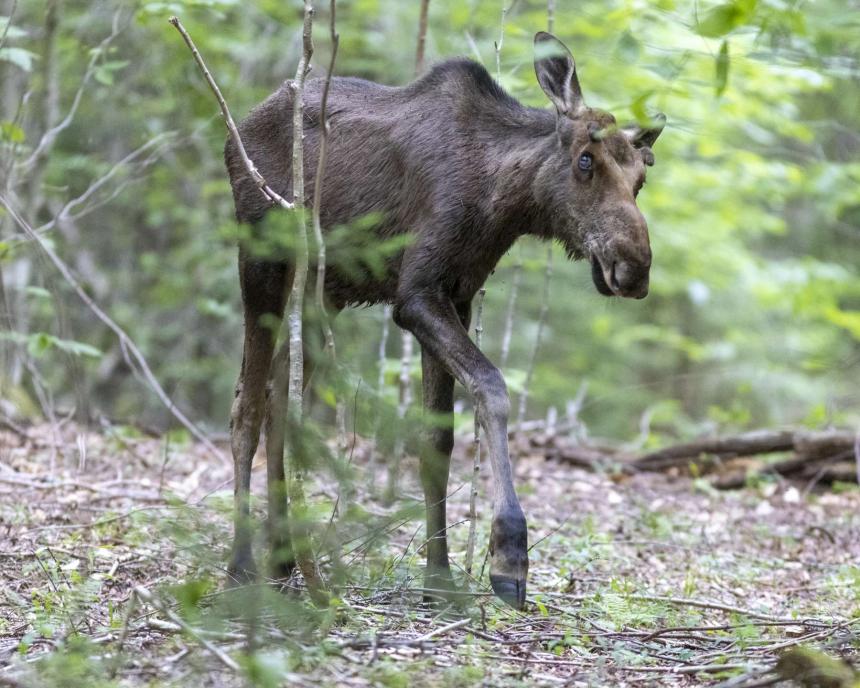In the News

Blog
February 12, 2024
A new monthly “A Day in the Life of…” series by the Cornell Wildlife Health Lab features snapshots of the daily lives of various wildlife health team members. The January issue highlights wildlife disease ecologist and lab director Dr. Krysten Schuler.

January 30, 2024
A transformational gift from philanthropist and Cornell alumna K. Lisa Yang ’74 will endow and rename the Cornell Wildlife Health Center as the Cornell K. Lisa Yang Center for Wildlife Health at the College of Veterinary Medicine.

Video
October 23, 2023
In this eCornell webinar, Dr. Steve Osofsky, Dr. Krysten Schuler, and Dr. Jennifer Bloodgood of the Cornell Wildlife Health Center at the Cornell College of Veterinary Medicine share their experiences from the field and the lab to illustrate how the health of wildlife and our own health are inextricably linked.

March 02, 2023
Cornell scientists have been part of a multiphase project looking at factors influencing reproductive and survival rates of adult moose, availability of moose habitat and population estimates.

January 18, 2023
From Ithaca to the plains of southern Africa, the Cornell Wildlife Health Center is working to heal the natural world. Launched in 2020, the center was formed to unite Cornell’s leading wildlife health professionals under a common mission: to repair the fractured relationship between people and nature.

Video
November 04, 2022
Cornell Wildlife Health Center director Dr. Steve Osofsky takes you on a brief tour of our One Health work around the world.

October 04, 2022
Moose returned to New York in the 1980s, but their population hasn’t grown as scientists expected. Research teams, including those at Cornell University and the Shingle Shanty Preserve and Research Station, are studying whether ecological and/or disease issues are causing this stagnation in moose population growth.
Podcast
February 07, 2022
In this podcast, Dr. Krysten Schuler, a wildlife disease ecologist and co-director of the Cornell Wildlife Health Lab, and Jen Grauer, a Cornell PhD student, discuss their latest project to track and study wild moose, led by the New York State Department of Environmental Conservation.

January 27, 2022
The New York State Department of Environmental Conservation announced the start of a new moose research project in the Adirondack region. They will be working with partners, including Cornell, to assess moose health and population.

May 16, 2018
Working closely with Cornell Wildlife Health Center experts, the New York State Department of Environmental Conservation released a final plan to minimize the risk of Chronic Wasting Disease impacting wild deer and moose.
